World Day Against Human Trafficking In-Persons
The United Nations (UN) broadly defines human trafficking as “the acquisition of people by improper means such as force, fraud or deception with the aim of exploiting them” (UNODC, 2015).
- Sex Trafficking: Affects populations of all ages; females are the majority of victims.
- Organ Trafficking: Affects all populations; girls aged 18–24 are the majority of victims.
- Drug Trafficking: Affects all populations; majority are addicts.
Forms of force, fraud, or coercion are used to engage victims in sexual activity, drug/alcohol use, or organ donation without consent (UNODC, 2015).
What is World Day Against Trafficking in Persons?A day where we recognize and listen to people who have been or still are being trafficked. In 2013, the United Nations General Assembly declared July 30 as the World Day Against Trafficking in Persons.
Survivors are key in the fight against human trafficking. They help prevent this crime, identify and rescue victims, and support recovery.
Effects from Human Trafficking- Depression
- Post-Traumatic Stress Disorder (PTSD)
- Shame and guilt
- Alienation and isolation
- Anxiety disorders, including panic disorder
- Suicidal ideation
- Identity disturbance/confusion
The Protocol was adopted by the United Nations in November 2000 as part of the UN Convention against Transnational Organized Crime.
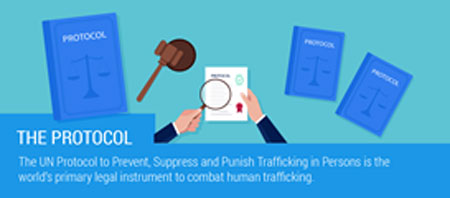
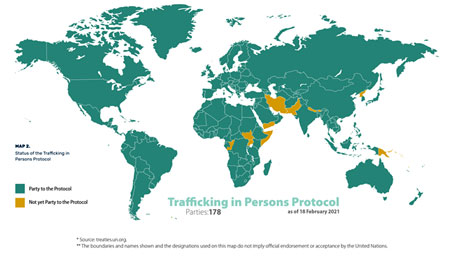
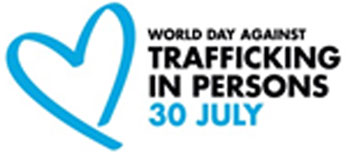
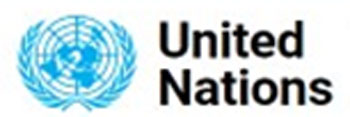
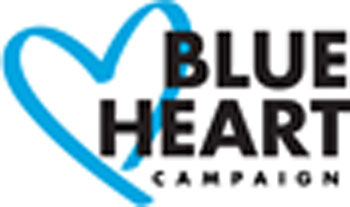
Canada
Event: Move for Freedom, organized by Canadian charity Ally Global Foundation
https://allyglobal.org/canada
The Canadian Center for Victims of Torture:
Teresa Dremetsikas, a medical doctor from the Faculty of Nuevo Leon in Mexico, has worked for the CCVT for several years.
National Strategy To Combat Human Trafficking (2019–2023)
This five-year strategy aims to protect individuals from all forms of human trafficking with a victim-centered, holistic approach.
It aligns all federal efforts addressing trafficking both domestically and internationally.
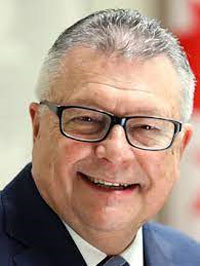
The Honourable Ralph Goodale, P.C., M.P. — Minister of Public Safety and Emergency Preparedness
The National Strategy will enhance efforts in key priority areas:
- Support and rehabilitate victims and survivors with culturally-sensitive services
- Increase awareness so Canadians can recognize signs of trafficking in their communities
- Build government and frontline staff capacity to protect victims
- Prevent victimization of vulnerable and marginalized populations
- Improve the justice system experience for victims
- Strengthen domestic and international partnerships
EPPPP Framework
- Empowerment: Help victims regain independence; engage industry partners
- Protection: Fill gaps in existing supports with culturally-informed services
- Prevention: Raise awareness and build national capacity
- Prosecution: Enhance capacity to investigate and prosecute trafficking
- Partnerships: Strengthen collaboration at national and international levels
Globally
Watch: Human Trafficking Awareness Video
Nigeria: National Agency for the Prohibition of Trafficking in Persons rescued over 17,000 victims and jailed over 550 traffickers as of 2021.
https://www.naptip.gov.ng/vapp-act/
- Global Initiative Against Transnational Organized Crime
- United Nations
- OSCE Office for Democratic Institutions and Human Rights (ODIHR)
- ICAT (Inter-Agency Coordination Group against Trafficking in Persons)
- Apne Aap Women Worldwide
The Blue Heart: Symbolizes the sadness of trafficked victims and the cold-heartedness of traffickers.
Ways to Help Prevent Human Trafficking
- Fundraising
- Volunteering
- Know the signs
- Advocate and raise awareness
- Organize events
- Boycott products linked to exploitation
- Support survivors
- Stay informed
- Report suspicions
- Help reduce demand
Support and Emergency Services
- Emergency: 9-1-1 or “0”
- Emergency shelters, hospital care, and community help
- Canadian Crime Stoppers Tipline: 1-800-222-8477
- Temporary Resident Permits for victims
- Support for Temporary Foreign Workers
- Witness Protection and Victim Testimony Assistance
Resources
- National Strategy To Combat Human Trafficking 2019–2024
- Canadian Anti-Trafficking Hotline: 1-833-900-1010
- CARE – Children at Risk of Exploitation
- More information is available on our Resource page.




